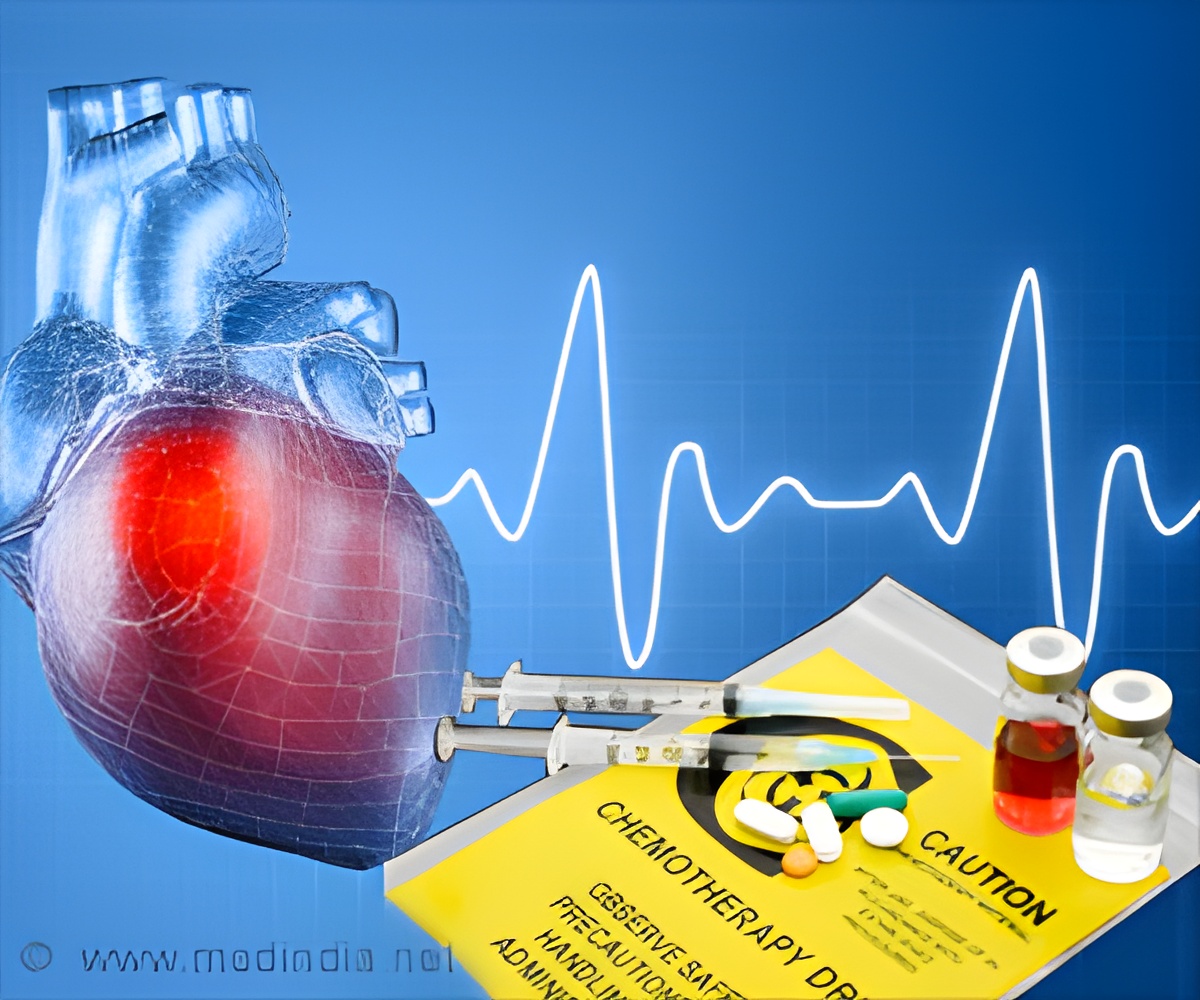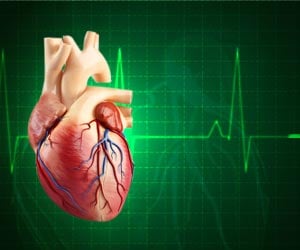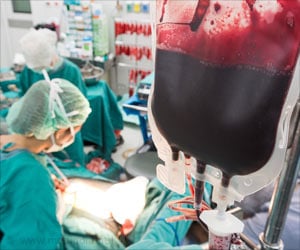
‘The study was aimed at finding out whether the effect of chemotherapy induced cardiomyopathy varied according to sex.’
Tweet it Now
A 2016 European Society of Cardiology (ESC) position paper on cardio-oncology described female sex as a risk factor for developing cardiotoxicity from chemotherapy.Dr Harries said, "The data largely originates from paediatric populations and, in contrast, animal studies report male susceptibility to cardiomyopathy."
This retrospective observational study in adults investigated whether there was a sex effect on chemotherapy-induced cardiomyopathy.
The researchers identified all patients over a six year period that received potentially cardiotoxic chemotherapy, were referred for CMR, and were found to have impaired left ventricular function (chemotherapy-induced cardiomyopathy).
Patients were excluded if they had another condition that could have contributed to the cardiomyopathy such as ischaemic heart disease, valvular heart disease, family history of cardiomyopathy, or excess alcohol consumption.
Advertisement
Details of the cancer treatment were recorded, including the type of chemotherapy, dose of chemotherapy, and the interval between receiving treatment and having the CMR scan.
Advertisement
To assess the potential impact of gender on the development of chemotherapy-induced cardiomyopathy, the researchers conducted a multivariate regression analysis correcting for baseline differences between men and women including age, body surface area, comorbidities, and treatment.
The researchers found that both left and right ventricular ejection fraction was significantly lower in men than women, indicating worse performance of the heart. Cardiac volumes and mass were significantly larger in men compared to women, indicating more damage to the heart's structure.
Dr Harries said, "The results of our study suggest that men developed a more severe form of chemotherapy-induced cardiomyopathy than women at follow-up of 8.75 years. Patients receiving anthracycline received on average 240 mg/m2 of doxorubicin or equivalent, a dose which was similar in both men and women."
He said, "Ours is a preliminary result and large scale trials are needed to confirm our finding that men are more susceptible to chemotherapy-induced cardiomyopathy than women. If confirmed, the implication of these findings is that cardiologists and oncologists could devise individualised treatment and monitoring strategies for their patients that take gender into account."
"Cardio-oncology is a new field of cardiology that is rapidly developing thanks to oncology treatments being more efficacious and oncology patients living longer but with associated cardiovascular morbidity and mortality due to cardiotoxicity," Dr Bucciarelli-Ducci, principal investigator of the study concluded.
Source-ANI













